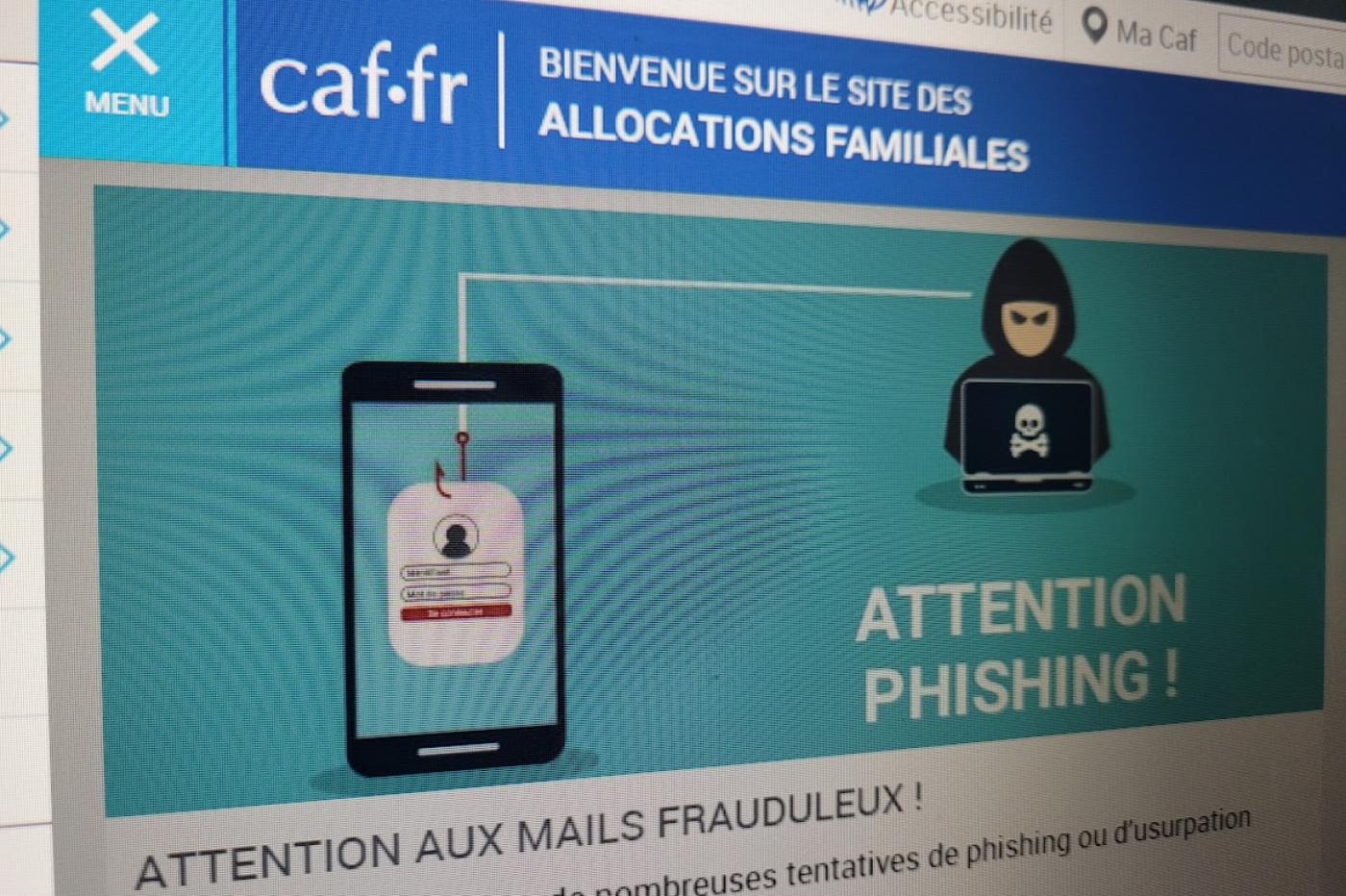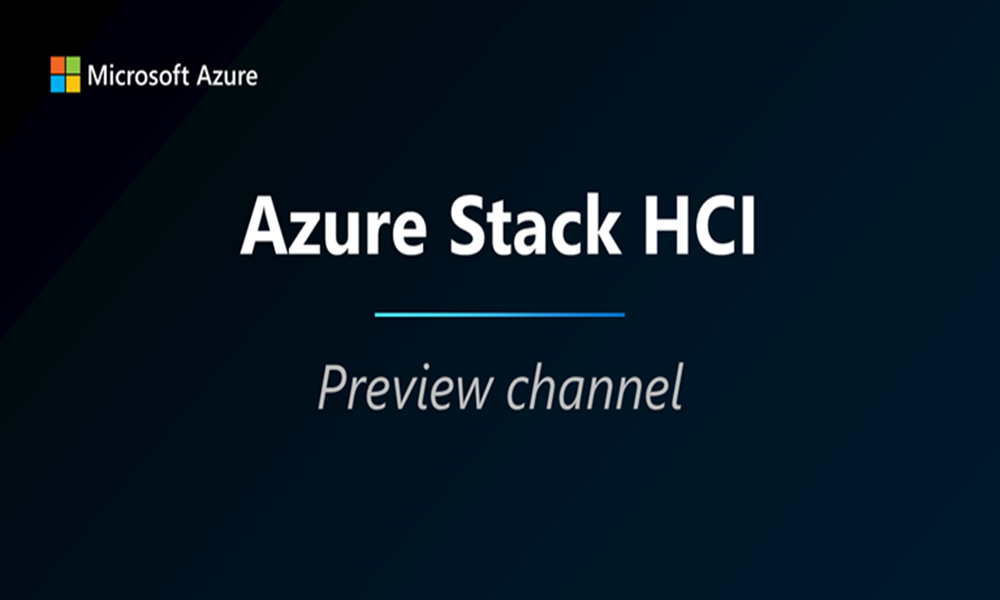
The Caisse des Allocations Familiales is warning of a new phishing campaign relating to the inflation bonus.
The warning is accessible from the CAF home page, and serves as a warning: “We are alerting you to numerous attempts at phishing or impersonation of Caf accounts in recent days on the internet, by email and on social networks with the aim of stealing personal data”. Riding on the promise of touching a new inflation bonus of €387crooks have indeed launched a extensive scam campaign aimed at recovering the personal and banking data of beneficiaries.
Too good to be true
⚠️Warning #Phishing ⚠️
A fake Caf email invites you to complete a form to receive inflation compensation.
🚫Do not click on the link, it is an attempt to scam your personal information.https://t.co/TYX0ciFbAe pic.twitter.com/4Vk4isFIEg
– Family allowances (@cnaf_actus) February 4, 2022
It all starts with a seemingly innocuous email, which explains: “The Government has decided to pay you additional inflation compensation. This is an exceptional and individual aid of 387 euros, intended to preserve the purchasing power of households.. A well-established modus operandi, since this bonus exists, and it is currently being paid for the last beneficiaries concerned.
Thanks to a registration form, hackers then only have to recover your personal information ranging from the vital card number to your contact details, email address and CAF password. A gold mine for a scammer who would like to break into the accounts of an Internet user.
How to detect the scam?
While it may seem enticing, this inflation bonus scam is actually easily detectable. First because the email sent is full of spelling mistakes, which is rarely the case in a message sent by an official body. Then because unlike the promised €387, the inflation bonus cannot exceed €100.
In case of doubt, the easiest way is to contact your benefit fund directly, in order to verify that the email in question does indeed come from their services. Also make sure that the sites visited start with www.caf.fr, and that they are secured by the https protocol, present at the start of the URL link. Finally, as with any online service, never communicate your identifiers by email, and change your password regularly.



